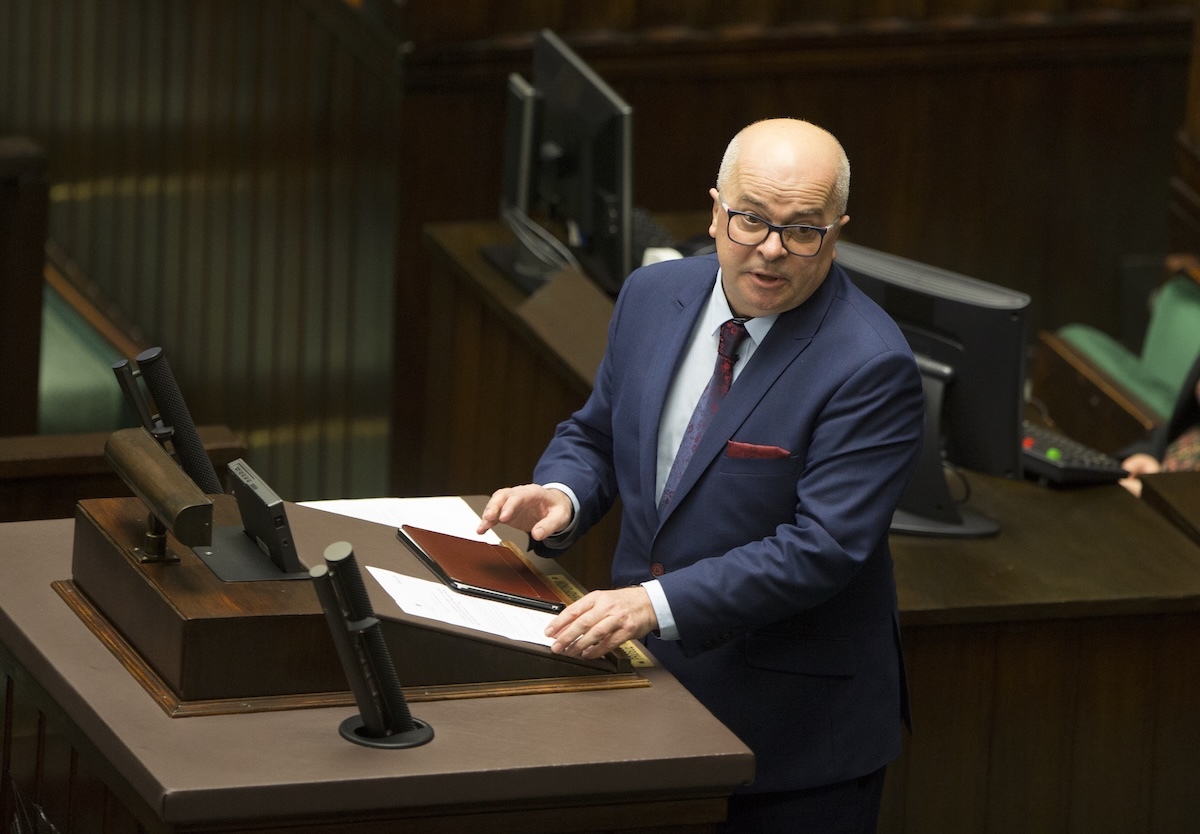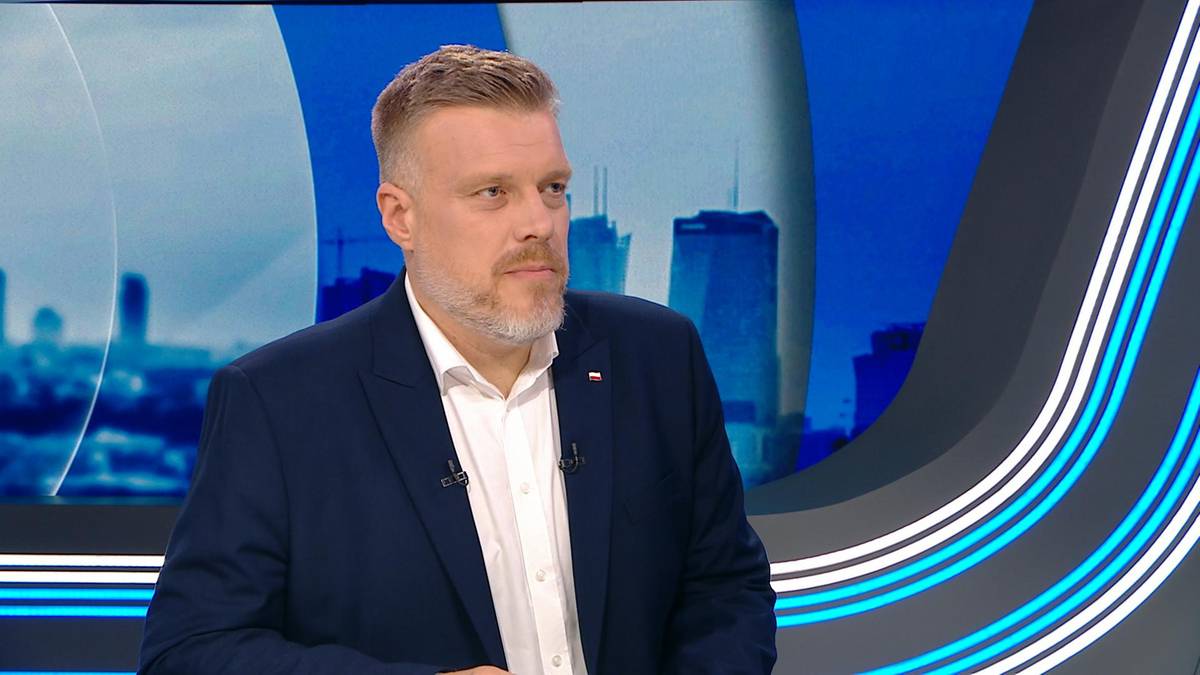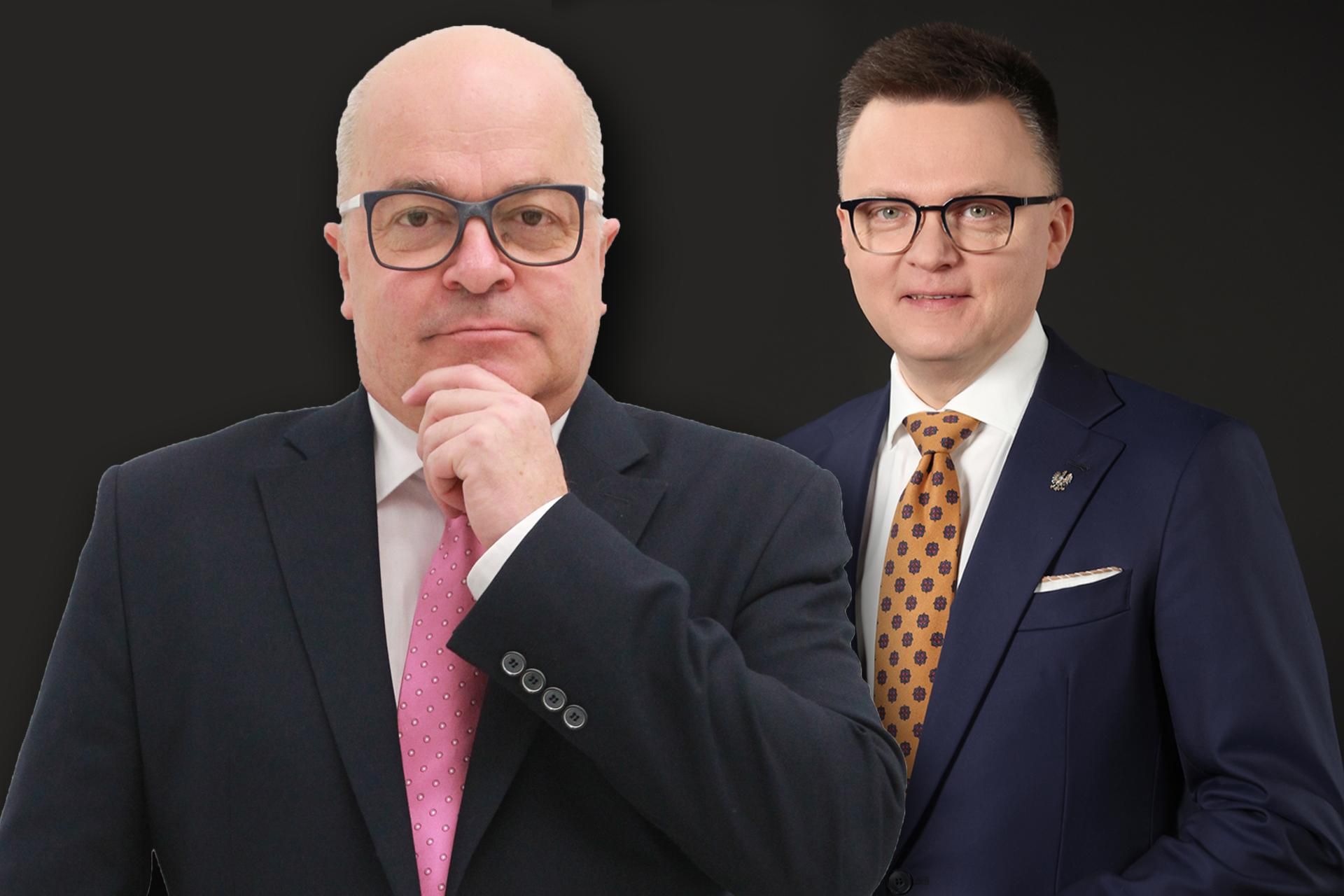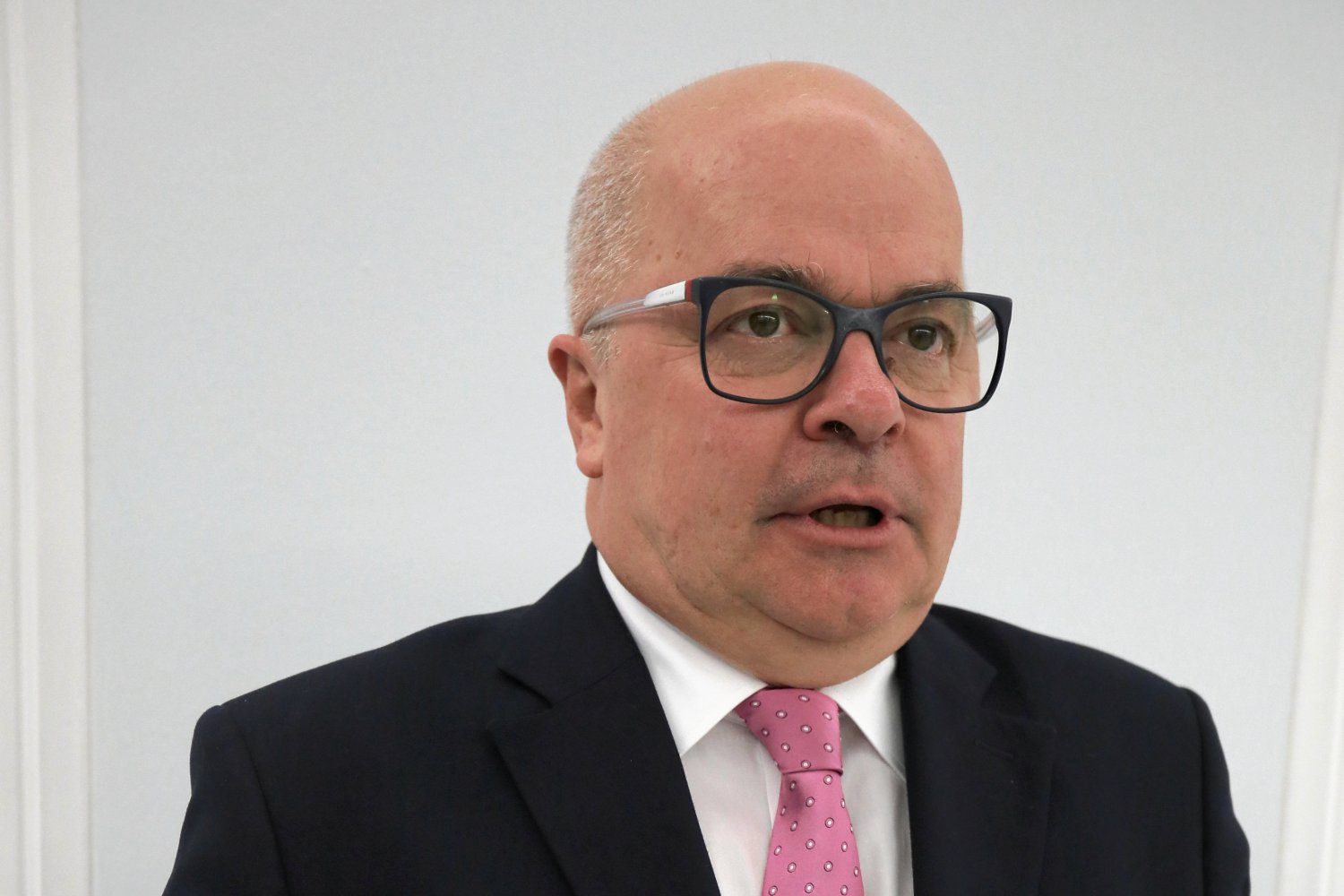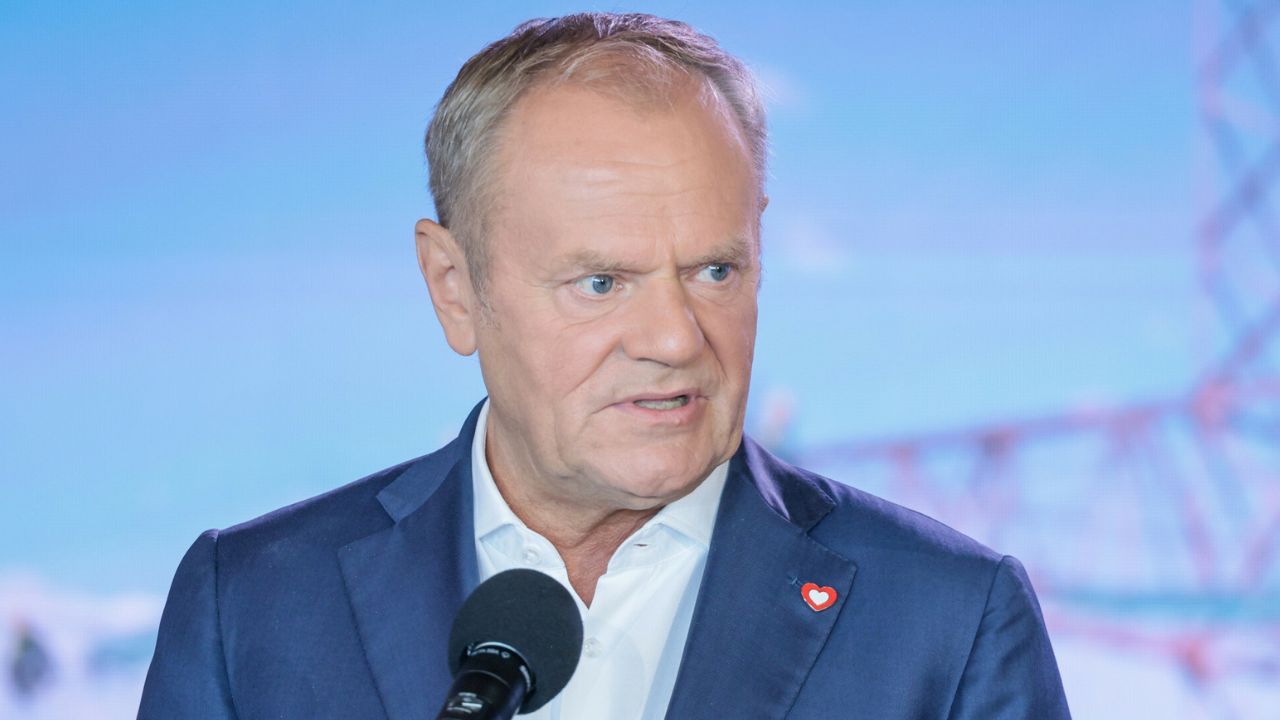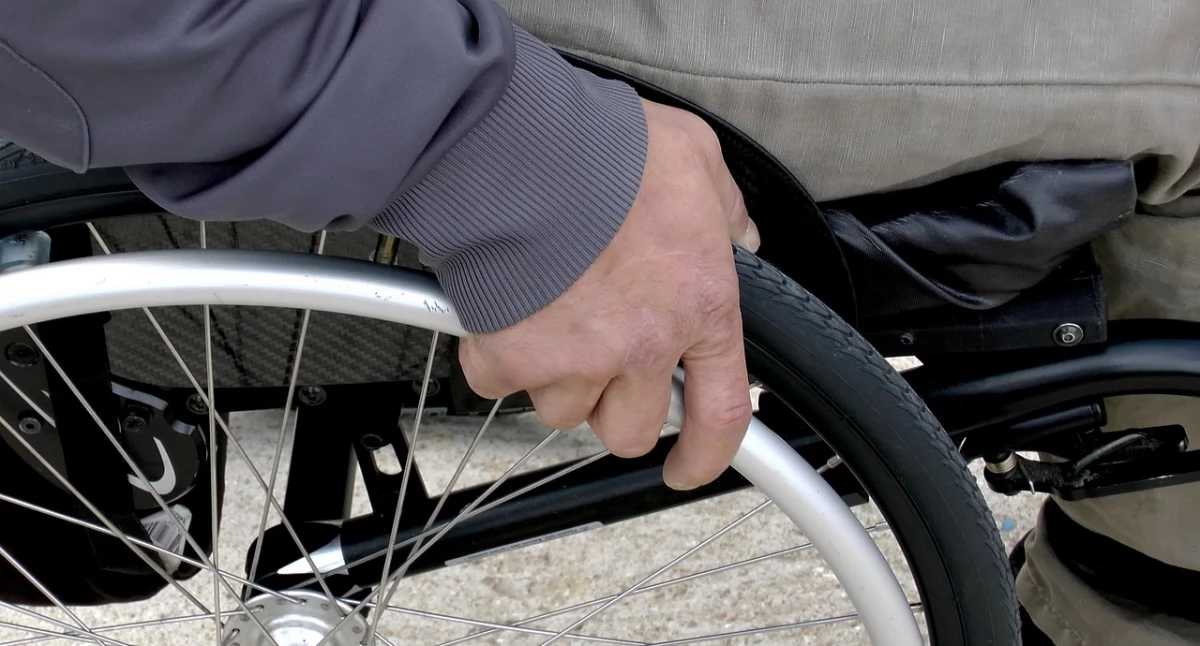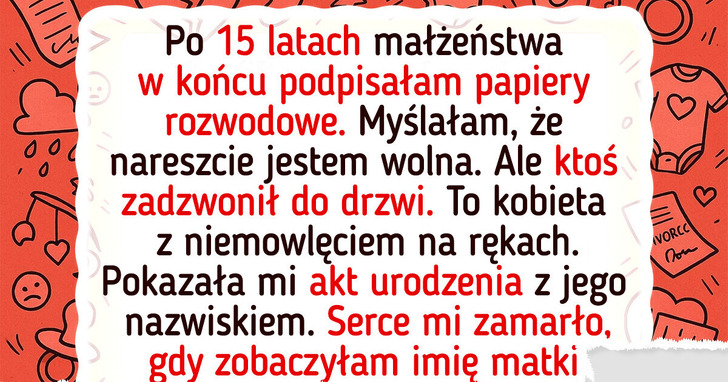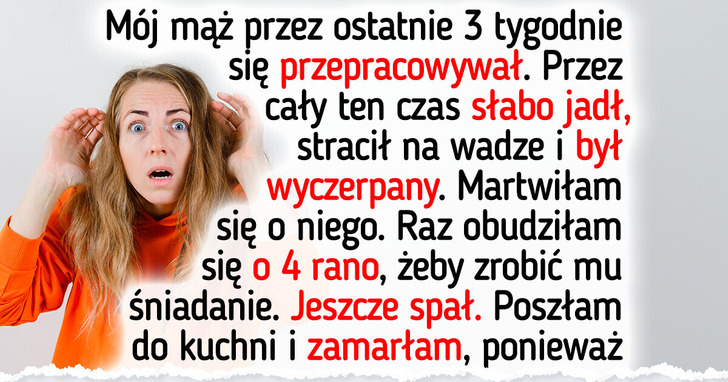Illustrated Courier regular IKC
"City Centre of Legislative Initiatives NSZZZ "Solidarność" – contribution to the construction of systemic foundations of III RP 1980-1994" - under this slogan, a technological session was held at the Collegium Maius of the Jagiellonian University in Krakow on the occasion of the 45th anniversary of the establishment of the civilian Centre of Legislative Initiatives of NSZZ "Solidarność" (COIU S). The ceremony was a unique chance to reflect on the contribution of COIU S to the construction of the systemic foundations of the 3rd Republic.
In close cooperation with COIU S there were 100 prominent independent lawyers from all over Poland, and in indirect terms, about 200 people assisted. And their work and their draft laws were devoted to gathering at the Jagiellonian University. It was attended by Lech Wałęsa, the leader of the NSZZ “Solidarity” and the first president of the Free Republic, Jerzy Buzek, the erstwhile Prime Minister of Poland.
and president of the European Parliament, president of the First Programme gathering of the NSZZ “S” in 1981, Adam Bodnar, current Minister of Justice. There were lawyers, judges, scientists, union activists who participated in the work of COIU S. The guests were greeted by the Rector of the Jagiellonian University by Prof. Piotr Tejak, president of Krakow Aleksander Miszaliski and Kazimierz Barczyk, erstwhile president of COIU S, president of the Association of Municipalities and Districts of Małopolska, initiator of the technological session on the occasion of the 45th anniversary of the establishment of the civilian Centre of Legislative Initiatives of the NSZZ “Solidarity”.
– I have never had the chance to thank this group of people – he said at a press conference before the beginning of the technological session Lech Wałęsa. The erstwhile president admitted that he was unaware of the large contribution that lawyers working on the bill had made to systemic changes. In his beginning lecture Lech Wałęsa stressed that fewer people believed that “Solidarity” would lead to the collapse of communism and systemic changes in Poland. He called for present to redefine the strategy of values, otherwise the planet and Poland will not cope with the challenges facing them.
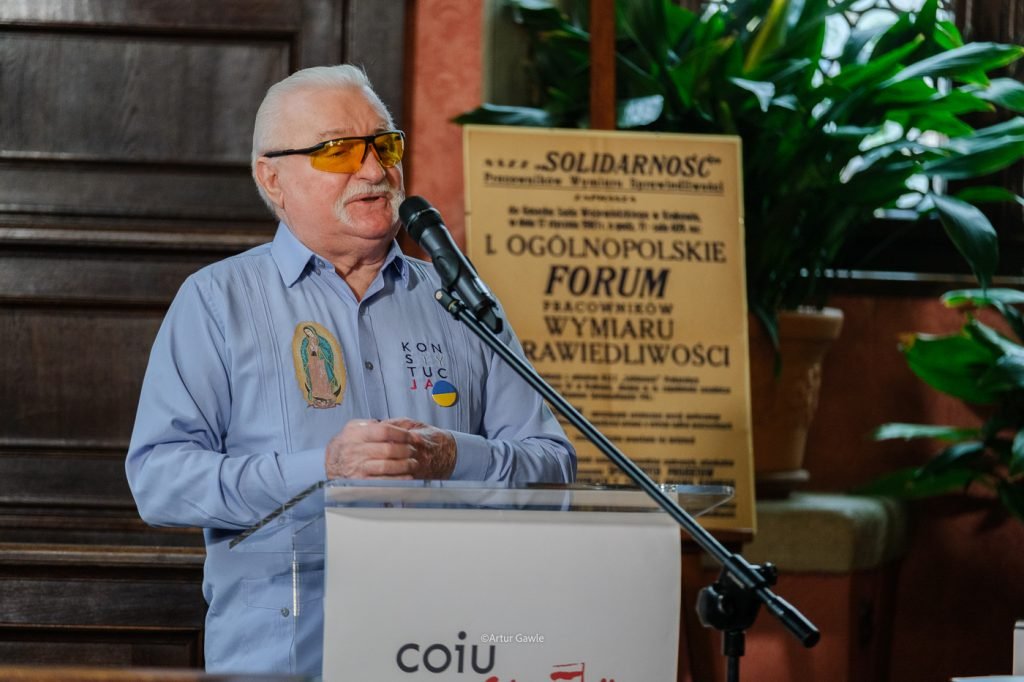 Lech Wałęsa (photo: Artur Gawle)
Lech Wałęsa (photo: Artur Gawle)– We did not anticipate that our regulation of law after so many years we had to build again from scratch – says Jerzy Buzek. – The legal strategy is nothing but a written strategy of our values. Recorded at the beginning "Solidarity of passwords is as up to date today," the erstwhile Prime Minister argues. For example, he recalled that the state was to service the nation and that the state could not be identified with 1 political party. “These rules are just as crucial present as 44 years ago, the discussion on this subject is equally important”, added Jerzy Buzek.
The erstwhile Prime Minister stressed that justice workers had a peculiar task in the first period of Solidarity due to the fact that everything was built from scratch. He mentioned that after the martial law was declared in December 1981 it seemed that all actions taken in the 15 months of Solidarity, including the work of the civilian Centre for Legislative Initiatives, had been lost forever. But after 1989, many of the laws prepared by the Centre could rapidly have reached legislative work in the Sejm after tiny amendments. “The Centre had large merit in creating a civilian draft Constitution, many of which entered the Constitution yet passed by the National Assembly,” noted Jerzy Buzek.
According to Minister of Justice Adam Bodnar, the contribution of the civilian Centre of Legislative Initiatives to building a civilian state is invaluable. – These were laws of hope – written for the minute at which they could be passed. There was no warrant that this minute would come. However, erstwhile the government of Tadeusz Mazowiecki was established in 1989, the constitutional reforms prepared by lawyers were ready – reminded the current head of the Justice Ministry. "If we looked at the erstwhile 8 years, it was besides a period of writing the bill on this "day after" and not just protests against breaking the regulation of law. But it turned out that the introduction of these laws was as simple as in 1989," said Adam Bodnar.
The Minister of Justice thanked all those working for OCIU S, handed the department awards to respective people. They received them: Irena Lipowicz, Andrzej Rzeplinski (not present), Marek Safjan, the late Mieczysław Gil, Andrzej Kubas, Andrzej Mączyński, Elżbieta Sadzik (not present) and Andrzej Urbanik. Interestingly, these awards were given 12 years ago by the Minister of Justice Jarosław Gowin, but so far they have not been given to those awarded.
– On the issues of the civilian Centre of Legislative Initiatives of the NSZZ “Solidarity” we were the first. Paraphrasing the words of the father of Saint John Paul II – this is where it all began... – said Kazimierz Barczyk in the Hall of Collegium Maius, where members of the Centre met in the 1980s. “We overturned communism by a peaceful method and built systemic foundations for the 3rd Republic. We changed the strategy due to the fact that was it not the preparation of the penal code in 1981 without the death punishment or press law without censorship? – said Kazimierz Barczyk, erstwhile president of COIU “S”.
The leading slogan of the technological session devoted to COIU "S" was the opinion of the distinguished historian of the state and law, the Rector of the Jagiellonian University Prof. Stanisław Grodziskieg0, expressed after the collection and improvement of materials in 2 hundred-page books. Prof. Grodziski stated: "Citizenial Legislative Initiatives of Solidarity, without any doubt, should be set up in a number of major improvement activities of society and the Polish state at least from the Constitution of 3-May".
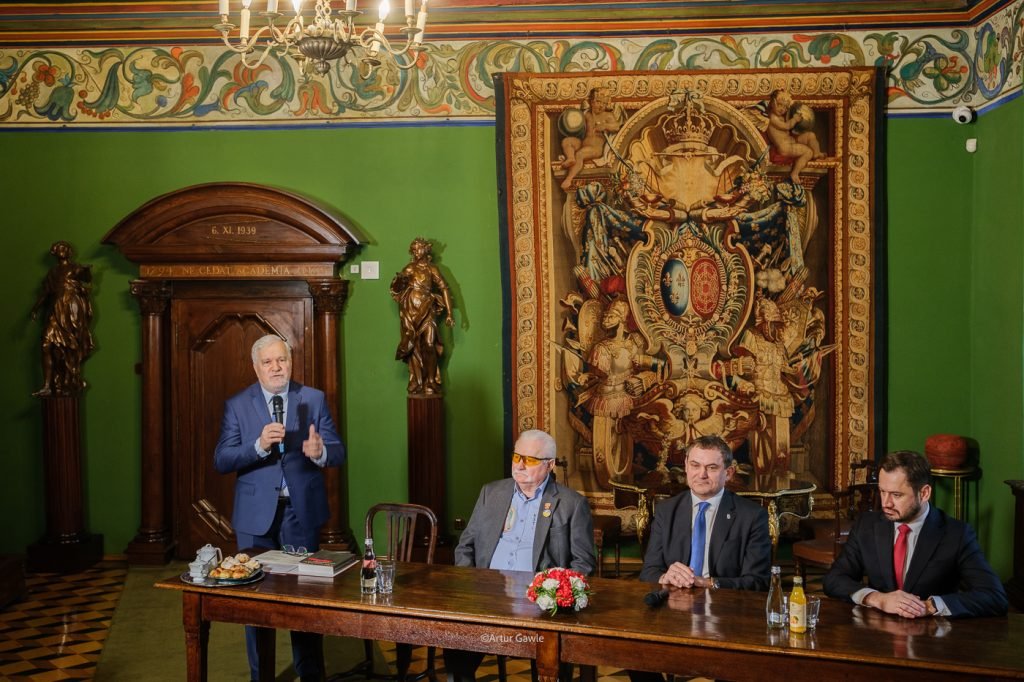 Kazimierz Barczyk. Lech Wałęsa, Piotr Onlyk, Aleksander Miszalski (photo: Artur Gawle),
Kazimierz Barczyk. Lech Wałęsa, Piotr Onlyk, Aleksander Miszalski (photo: Artur Gawle), History
1st National Forum of Justice Workers organized at the Provincial Court in Krakow on 17-18 January 1981, was the first convention of judges after 1957. This formally started the activities of the COIU ,,S” founded and directed by justice Kazimierz Barczyk, as a associate of the Bureau of the National Coordination Commission of Justice ,Solidarity , – Plenipotentiary for Amending Acts, who appointed the chairmen of the codification committees and teams to translate the "Solidarity" programme into draft laws. During the Forum, the Codification Commissions of Criminal Law, headed by Prof. Władysław Wolter, Nestor of Polish Carnists, a nationwide legal authority, began work. They have developed drafts: the Criminal Code without the death punishment and political offences, the Code of Executive Carbs and 2 variants of the Criminal Procedure Code, including the investigative judge, with guarantees of the regulation of law and for the enhancement of the independency of the prosecutors subject to direct political oversight of the organization nomenclature so far. The Forum presented the assumptions of the local government of judges guaranteeing judicial independency against popular influence on judges by organization nomenclature. The Forum was attended by around 250 representatives of the mainly solidarity judicial community from 65 courts, law scholars from 6 universities and a fewer independent prosecutors, as well as lawyers, legal advisers and representatives of the management of “S” headed by Zbigniew Romaszewski, who headed the Committee on Intervention and Law of the NSZZ “Solidarity”. The participants of the Forum repeatedly recalled the operative part: “Let the law always mean the law, and justice – justice.”
II National Legal Forum COIU ,,,S’ On 13-14 June 1981 in the Jagiellonian University Hall, respective 100 independent lawyers from all over Poland discussed, among others, the social drafts of laws removing the utmost repressiveness of the Criminal Law and commonly utilized instrumentally for this intent institutions, law enforcement, prosecutors, MO, SB and available judges. They were the Criminal Code, 2 Codes of Criminal Procedure, including with an investigative justice to control the prosecution, The Executive Criminal Code, the Law on the strategy of General Courts, the ultimate Court Act, the Public Prosecutor's Office, the Advocate, the Legal Advisors and MO and SB. At the request of the president of COIU, the S set up its agenda – a Social Legislative Council composed of 21 prominent legal theorists (including professors Andrzej Stelmachowski, Wiesław Chrzanowski, Valerian Pańko) and 21 practitioners and social activists "S" (including Zbigniew Bujak, Mieczysław Gil) for a comprehensive assessment of the state of the law and its essential changes.
III National Lawyers Forum organized on 28-29 November 1981 in the Jagiellonian University Hall discussed the drafts of subsequent laws, including the 150-page Labour Code developed under the direction of prof. Tadeusz Zieliński with the participation of respective twelve specialists, including Dr Lech Kaczyński. At the time, she established the SRL at the head of Prof. Stefan Grzybowski, B. Rector of the Jagiellonian University and SRL secretary coordinating the work of COIU ,,S’ justice Kazimierz Barczyk.
IV National Lawyers Forum Among others, on civilian law, consumer rights planned for January 1982, with printed materials and papers in the book – unfortunately ground after the introduction of martial law – no longer took place. These works were directed by prof. Ewa Łętowska and prof. Czesław Żuławska.
Following the introduction of the martial law, COIU “S” served as a secret squad of legal experts of “Solidarity” and to a lesser degree carried out preparatory legislative work.
Pro bono lawyers defended thousands of accused activists of “Solidarity”. Lawyers from COIU “S” established in Krakow 1986 a nationwide underground letter “Paragraph” documenting cases of violation of the regulation of law.
COIU “S” – SRL publically reactivated its activities with a gathering on 4 March 1989 at the legislature Hall of the Jagiellonian University, and after the 1989 election became a squad of solidarity experts of the Civic Parliamentary Club and the legislature of the Republic of Poland, gathering at the Collegium Maius UJ, preparing its own, social drafts of laws and giving opinions on the projects submitted in Parliament.
Key social draft laws developed by COIU “S”
in 1981.
- preliminary assumptions of the Constitution of “Solidarity”, Prof. Andrzej Kubas, met. Dr. Andrzej
Rosemary, - Criminal Code without death and political crimes and another repressive penalties
totalitarian state, Prof. Władysław Wolter, Prof. Andrzej Zoll, - Code of Criminal Procedure ensuring the basic right of defence, Prof. Stanisław Waltoś and met. Dr. Kazimierz Ostrowski,
- Code of Criminal Procedure with an independent investigative justice deciding to apply detention, limiting the roles of the politicized prosecutor, prof. Alfred Kaftal,
- The Executive Penal Code, completed in March 1982 with a view to providing humanitarian conditions for 10,000 internees of "Solidarity", Prof. Andrzej Rzeplinski,
- draft Free Access to Public Information Act, thus limiting
universal veil of “state secret”, Prof. Andrzej Wasilewski, - draft Act on Government and Enterprise limiting organization nomenclature
developed in cooperation with the Network of the 16th Leading Plants of "Solidarity", Prof. Stanisław Włodyka, Edward Nowak, - Labour Code with Basic Rights and Guarantees for Workers, Prof. Tadeusz
Zieliński, - draft Act on the Repair of Glasses resulting from Accidents at Work and Diseases
Professional, tens of thousands of workers died or suffered injuries receiving
penny compensation, justice Dr. Zygmunt Bidziński, - Press Law without censorship, with the National Council of Broadcasting and Television, allowing free media to be created – the work was completed on December 12, 1981, and presented in the Krakow Journalists' Club “Pod Gruszka”, prof. Andrzej Kopff, b. Rector of the Jagiellonian University, prof. Stanisław Waltos,
- Universal Courts Law guaranteeing judges independency from the authorities
political, Adam Strzembosz, Kazimierz Barczyk, - Act on the ultimate Court liquidating five-year terms and guaranteeing the independency of judges to transition to a state of rest, SSN Zofia Wasilkowska, b. Minister of Justice after 1956, SSN Stanisław Rudnicki,
- Public Prosecutor's Office Act ensuring independency from the political authorities of the Public Prosecutor's Office and
Prosecutors, Proc. Aleksander Herzog, Proc. Krzysztof Bachmiński, Proc. Krzysztof
Kozdronkiewicz, - Law on Advocates providing independency to lawyers and self-government
Mr. Maria Budzanowska, Mr. Maciej Bednarkiewicz, - Act on Legal Advisors creating the profession of independent legal advisor and self-government
Jacek Żuławski, president of the National Chamber of Legal Advisors, - Act on the Codification Commission amending the pre-war model of development
codes, Prof. Andrzej Mączyński, Prof. Sylwester Wójcik, - Law on Consumer Protection – fresh regulations unknown in the socialist economy, prof. Czesław Żuławska, prof. Ewa Łętowska,
- draft of the Democratic Election Order to the National Councils – presented by Dr. Tadeusz Syryjczyk at the last KK’S gathering in Gdańsk on 12 December 1981 (in February 1982 elections to the RN were to be held – would most likely be victorious for the candidates ‘S’),
- establishing changes to the civilian Code rationalising rules in the spirit of equality between public and private parties and the marketplace economy, Prof. Stefan Grzybowski,
after 1989.
- the establishment of the Law on Territorial Government, drawn up at the request of the Marshal of the legislature of the 1st word of office of Prof. Andrzej Stelmachowski, passed as a task by the legislature and then by the Sejm, Prof. Michał Kulesza, Prof. Walerian Pańko, Kazimierz Barczyk,
- draft Act on the National Judicial Council agreed at the circular Table,
valid until 2018, Prof. Andrzej Rzeplinski, Prof. Marek Safjan, - draft Act on the strategy of Courts, including the proposal to appoint peace judges, Prof. Marek Safjan, Prof. Andrzej Rzeplinski,
- draft Act on the Office of State Protection in place of the hated, criminal safety Service, Prof. Jan Widacki, Jan Rokita, Kazimierz Barczyk,
- draft Act on Police in place of repressive Civic Militia, Prof. Jan Widacki, Jan Rokita, Kazimierz Barczyk,
- draft Act on the Minister of the Interior, which has so far implemented violent repression in the Polish People's Republic of Poland, Prof. Jan Widacki, Jan Rokita, Kazimierz Barczyk,
- draft Act on the lawyer General of the Republic of Poland protecting the property of the Treasury, RP Stefan Plażek, Prof. Mieczysław Sawczuk (vetted by president A. Kwasniewski in 1999, re-established in 2005),
- The Law on Notariat restoring the basic function of perpetual books and the free profession of rejent, notaries Andrzej Urbanik and Joanna Majewska-Gregula,
- Law on Assembly to warrant citizens a real right to freedom of assembly, Prof. Stanisław Biernat, Prof. Irena Lipowicz, Prof. Mirosław Wyżykowski,
- Agricultural law crucial for millions of agrarian residents, farmers, protecting farms
family, Prof. Walerian Pańko, - Cooperative Law expanding the subjectivity and function of cooperatives, Prof. Andrzej Mączyński,
- Religious law restoring freedom of religion and eliminating discrimination against churches, Dr. Andrzej Rozmarowicz,
- Code of Offence – standards of a democratic regulation of law, Thomas
Grzegorczyk, Jan Skupinski, - Code of Conduct in Cases of Offence – standards of democratic regulation of law, Tomasz Grzegorczyk, Jan Skupinski,
- Act on the strategy of Colleges for Offences – standards of democratic regulation of law, Tomasz Grzegorczyk, Jan Skupinski,
- Rules of Procedure of the legislature of the First Cadence drawn up at the request of Deputy Marshal of the legislature Andrzej Wielowieyski, met. Zbigniew Dyka, met.
- On 5 December 1993, the establishment of a Social Constitutional Commission to draft the Constitution for Solidarity (as a continuation of the 1981 assumptions) under which 2 million signatures were collected was the cornerstone of the Election Action "Solidarity", initiator and organizer Kazimierz Barczyk.
(AI GEG)


